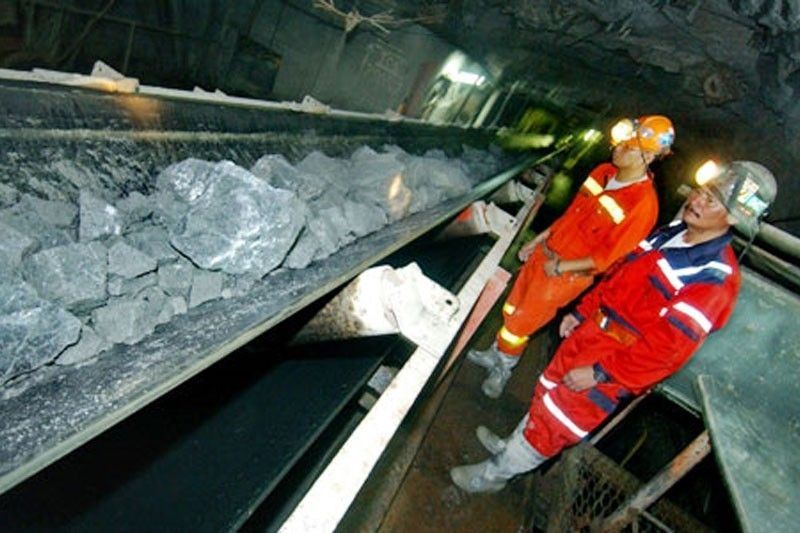Mining industry to survive despite additional new taxes

MANILA, Philippines — The local mining industry will continue to survive even if the government would succeed in imposing royalty on all mining operations, the Department of Environment and Natural Resources (DENR) said.
Environment Undersecretary Jonas Leones said the department is supportive of the plan to slap royalty on mining contractors for all metallic and non-metallic operations in the country under the proposed second package of the tax reform.
“We understand that mining is business and they want to get as much revenues as possible. But there is also a need to require them to pay royalty because what they are extracting are non-renewables. I think they will still survive,” Leones told The STAR.
The Chamber of Mines of the Philippines already said the proposed plan would severely hurt the sector.
Mining royalty tax represents five percent of the market value of the gross output of the minerals produced by mining companies within a declared mineral reservation area.
“If you look at it, we do not really have a fair share here. In other countries, they have 60-40 and some even 50-50 sharing agreement,” Leones said.
“Whatever the law will provide, we will support that. Of course, it could still be discussed with the industry, but we will be supportive of the DOF (Department of Finance),” he said.
The DOF proposed the imposition of royalties on all operations regardless if they are operating outside of mineral reservation areas.
At present, only five percent royalty is slapped on those operating in the nine mineral reservation areas in the Philippines.
“The TRAIN Law, once passed, will amend the provision of the Mining Act where only mineral reservation areas are required to pay royalties,” Leones said.
The industry has just started to feel the impact of the doubling of the excise tax under the first package of the tax reform program.
Mining companies operating under a mineral production sharing agreement pay the regular corporate income tax, business tax, and the indigenous people directly affected by mining operations, among others.
To date, there are only nine mineral reservation areas in the Philippines namely, Ilocos Norte feldspar, Zambales chromite, Biak-na-Bato, Siruma white clay, Samar bauxite, Zamboanga, Mt. Diwalwal Gold, Surigao, as well as all offshore areas within the country’s territorial limits.
- Latest
- Trending































